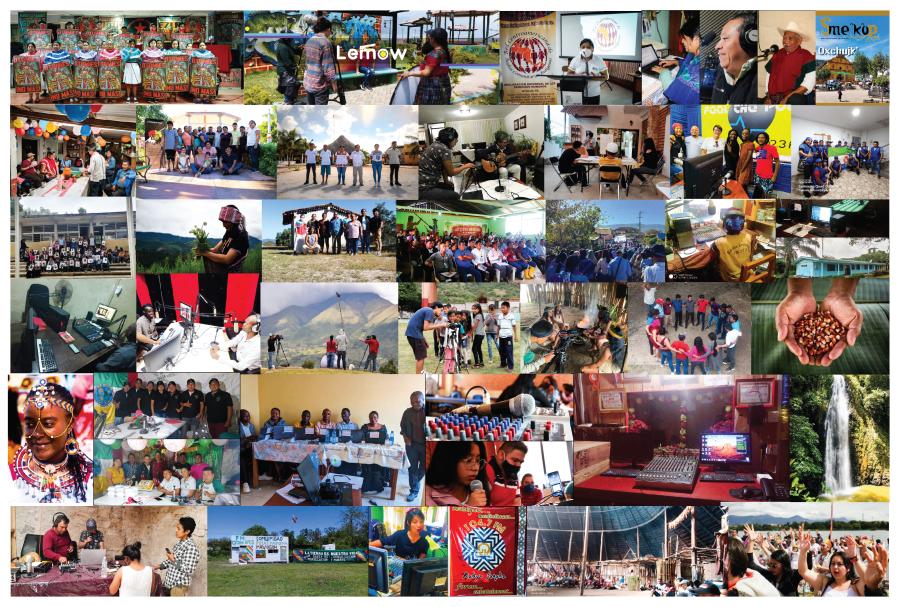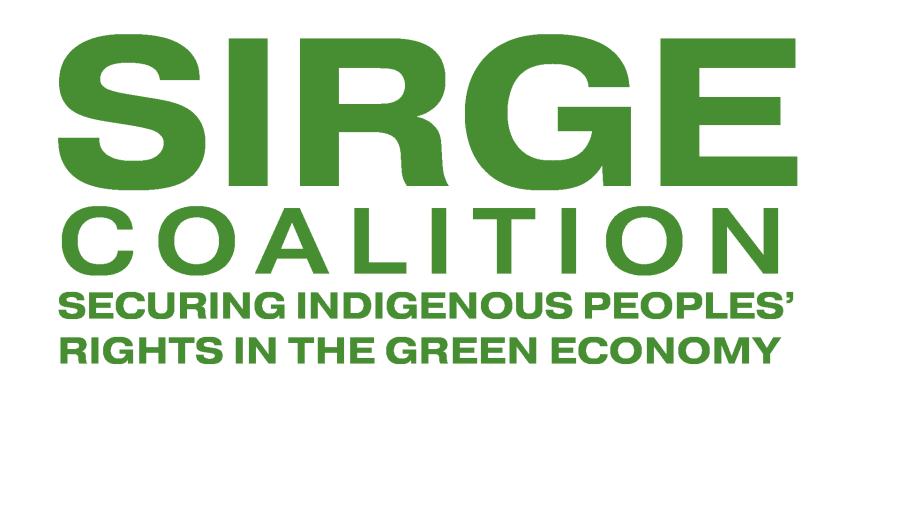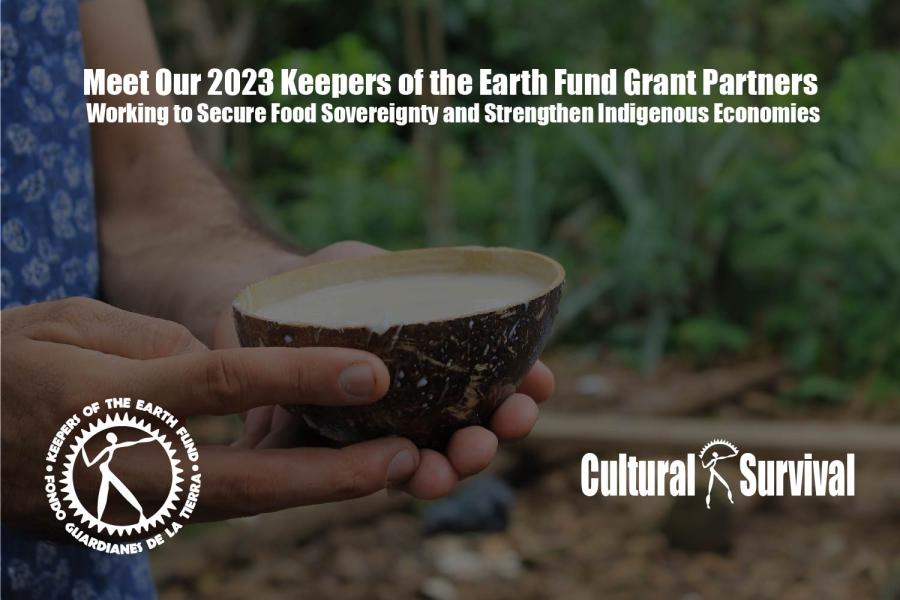On October 23, 2001, the World Bank Governing Board denied the right of prior informed consent to indigenous peoples threatened with involuntary resettlement. Bank President James Wolfensohn recommended that the Bank Board ignore the pleas of scores of non-governmental organizations, tribes, and activists. In a September 28 letter, he wrote:
[The new involuntary resettlement policy does] not incorporate provisions requiring prior, informed consent of indigenous peoples to resettlement. Instead, it calls for meaningful consultations with and informed participation of all potentially displaced persons.... The reasons for not including such a provision are the following: the concept of prior, informed consent is very difficult to operationalize; it is not reflected in the legal framework of any country, whether developing or developed; it is contrary to the principle of eminent domain in effect in most countries.
The Board accepted his recommendation and passed the new Involuntary Resettlement Policy (OP 4.12).
Even more ominous storm clouds are gathering. On July 5, the World Bank quietly uploaded for public comment its long-anticipated new indigenous peoples policy (Operational Policy 4.10 and its associated Bank Procedures 4.10).
According to the Bank, the revision's purpose is to clarify ambiguities and processing requirements and to facilitate implementation, incorporating lessons learned from applying its indigenous peoples policy over the last two decades. Translation: someone in the Bank's management, staff, private sector clients, or member governments is dissatisfied with the current policy.
Responses to the New Policy
Given the sensitive nature of indigenous and tribal peoples' status in many countries, government stakeholders often view the emergence of an international standard as an affront to national sovereignty unless it strengthens governmental control of "their indigenous people" and their lands.
Activists and NGOs fighting for indigenous peoples' rights are ambivalent about the new indigenous policy. Many prefer to focus on issues of systematic non-compliance with the existing policy. While they see the advantage in an international standard that strengthens the notoriously weak positions of indigenous peoples within nation-states, they are also skeptical that any international guideline will be reflected in due process at home.
Complaints from indigenous peoples about the current policy (Operational Directive 4.20 from 1991) have been limited and focus on questions of compliance rather than the policy itself. Few are even aware that there is a global indigenous policy concerning those who are impediments to "development."
Terminating Indigenous People by Definition
Despite the Bank's claim that the revision of its indigenous policy is not intended to alter the current policy's key objectives, it does incorporate significant changes -- especially in defining who is eligible for project benefits and safeguards. Any policy on indigenous peoples must, at minimum, provide an internationally applicable definition of which groups are and are not indigenous peoples. The new policy language closely tracks the current one. It defines indigenous people by the presence, in varying degrees, of some of the following distinctive characteristics: 1) close attachment to ancestral territories and the natural resources in them; (2) presence of customary social and political institutions; (3) economic systems primarily oriented around subsistence production; (4) an indigenous language, often a minority language; and (5) self-identification and identification by others as members of a distinct cultural group. The proposed policy significantly and radically departs from current Bank policy, however, by excluding from its provisions those groups who (a) have left their communities of origin, (b) moved to urban areas, and/or (c) migrated to obtain wage labor.
The proposed policy is clearly not a product of indigenous thinking. If its language is adopted, a waterfall of problems is likely to fall on indigenous people. Impoverishment has led many of the world's indigenous people to leave their communities, move to urban areas, and find temporary jobs as laborers. Although absent from home, many of these people maintain close links with their communities, hold rights to ancestral lands, and provide financial support for civil and cultural services. The proposed policy unjustifiably excludes these and millions of other indigenous peoples from eligibility. It creates an international definition governments may use to justify claims that indigenous peoples within their borders are not really indigenous. And worse, the proposed policy thrusts an external policy wedge deep into indigenous social structure, creating two classes of people who are eligible for benefits and risk mitigation. This exclusionary clause is a direct affront to the sovereignty, traditional rights, and body politic of indigenous peoples. It should be removed immediately and not be replaced with compromise language.
Unanswered Questions
Unresolved issues await your suggestions. What changes might resolve the serious, internal conflicts of interest for Bank management, staff and borrowers? What improvements might increase the likelihood of opportune, informed consent and participation? Are provisions in policy made to assure that indigenous peoples subjected to adverse project impacts are beneficiaries and share in the profits of projects and are not simply compensated for losses? Are provisions made to end the inherent human rights violations that occur when the Bank and borrowers draw up secret agreements over the future of indigenous groups without the informed consent of either the indigenous group or the government?
Why doesn't the draft strengthen the protection of indigenous ancestral lands and resources critical to their cultural survival? Why are the adverse impacts on indigenous peoples of structural adjustment operations explicitly excluded from the policy? Why does the draft policy open up a procedure for the involuntary resettlement of indigenous peoples? Why doesn't the draft policy rank self-identification as the main criterion that triggers application of the policy as requested by indigenous peoples and in accordance with ILO 169 and the Draft UN Declaration on the Rights of Indigenous Peoples? Why is there no requirement for participatory monitoring and involvement of indigenous peoples in the governance of projects and programs that affect them? And why does the policy empower the borrower rather than the indigenous group with the right to prepare an indigenous peoples development plan? (See, for example, the quality work of David Maybury-Lewis, Ian McIntosh, and so many more who are working with Cultural Survival, including their Fall 2001 issue of the Cultural Survival Quarterly on the option called "Plan B".)
The Bank claims that the revised policy incorporates lessons learned from implementing the indigenous peoples policy over the last two decades. What lessons are being incorporated? The World Bank's quality control arm -- known as the Operations Evaluations Department (OED) -- finally initiated a long delayed review of the way Bank operations have affected indigenous peoples during the 1990s. This OED review, however, will not be released until one month after public commentary on the proposed indigenous policy is closed. Will the Bank management dismiss critical public commentaries and claim that new information from their internal OED review overrides external comments? Why not delay the deadline for comment until after civil society has had an opportunity to review the results of the Bank's internal review?
How to comment
The policy comes in two pieces: Operational Policies 4.10, for the borrower/bank agreements, and Bank Procedures 4.10, intended for Bank management and staff. Of these, OP 4.10 is critical, since it is likely to be incorporated into legally binding loan agreements. Anyone who has an interest in indigenous peoples should set aside some time to read the old and new policies and answer the Bank's call for comment before December 14. I highly recommend that undergraduate, graduate, and nonacademic community study groups deconstruct the policy and prepare comments for the Bank. Comments are strongest when the policy is annotated line by line and when notes include constructive, alternative language and suggestions.
The Policy Kiosk (www.policykiosk.com) provides a quick connection to the current and proposed policies. The Bank provides a simple, Web-based form for feedback on the draft policy, but we recommend that people avoid using it because it leaves no reliable paper trail. A more effective way to make certain your voice is heard is to submit an old fashioned letter to the Bank. Email a copy to the members of your legislative oversight committee, your local elected representative, your country's Executive Director to The World Bank group, and to the Policy Kiosk. The Kiosk publishes all commentaries as they are mailed to the Bank.
Article copyright Cultural Survival, Inc.



